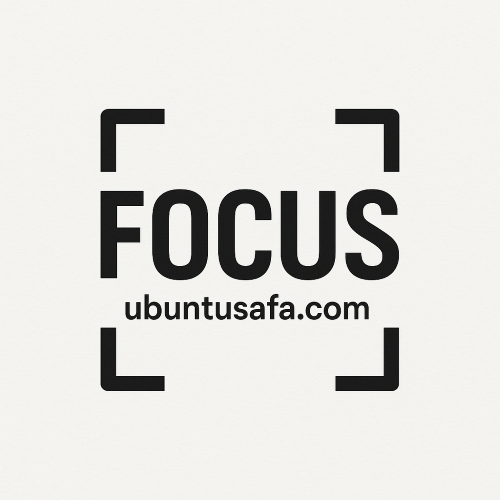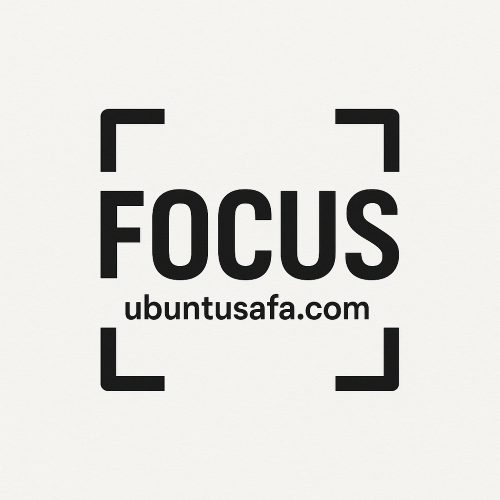How are internal political and economic challenges, such as the rise of populist movements and the energy crisis, affecting the cohesion and future of the European Union?
Internal political and economic challenges, particularly the rise of populist movements and the energy crisis, are creating significant strain on the cohesion and future of the European Union.
While these challenges expose deep-seated vulnerabilities, they also act as catalysts for policy changes and integration.
The Rise of Populist Movements-
Populist movements often gain traction by exploiting public dissatisfaction with the "establishment," which frequently includes the EU. They thrive on economic anxieties, cultural identity concerns, and a feeling that national sovereignty is being eroded by Brussels.
Euroscepticism and Disunity: Populist parties, both on the far-right and far-left, typically advocate for a less integrated Europe, promoting national-first policies and, in some cases, openly calling for leaving the EU.
Their electoral success in member states can lead to a more fractured European Parliament and a Council of the European Union where reaching a consensus on key policies becomes increasingly difficult. This can slow down or even block progress on crucial reforms.
Undermining Rule of Law: Some populist governments have been accused of undermining democratic norms and the rule of law within their own countries.
This creates a direct conflict with the EU's foundational values, leading to institutional clashes and legal battles between national governments and the European Commission. This tension erodes the mutual trust that is essential for the EU to function effectively.
Shifting Policy Debates: Even when not in power, populist movements influence the political agenda. Their focus on issues like immigration and national identity can push mainstream parties to adopt more conservative stances, leading to a more polarized political landscape and a retreat from the EU's shared liberal values.
The Energy Crisis-
The energy crisis, exacerbated by geopolitical events like the war in Ukraine, has exposed Europe's vulnerability and intensified internal tensions.
Economic Strain and Inflation: Skyrocketing energy prices have fueled inflation, squeezing household budgets and putting pressure on energy-intensive industries. This has created a cost-of-living crisis across Europe, which has in turn fueled public anger and support for anti-establishment parties that promise to protect national economic interests. The uneven impact of the crisis across different member states creates a risk of social fragmentation and unequal economic recovery.
National vs. European Responses: While the EU has attempted to coordinate a unified response, many member states initially prioritized their own national interests by implementing their own subsidies and price caps. This "go-it-alone" approach threatened to undermine the EU's single market by creating an unlevel playing field and highlighting a lack of solidarity.
Catalyst for Change: Despite the immediate challenges, the energy crisis has also acted as a powerful catalyst for change.
It has forced the EU to accelerate its transition to renewable energy sources, recognizing that energy independence is a matter of national security.
The crisis has spurred new joint procurement initiatives and infrastructure projects aimed at creating a more resilient and integrated European energy grid.
The long-term goal is to reduce dependency on volatile external suppliers and strengthen Europe's strategic autonomy.
Internal political and economic challenges, particularly the rise of populist movements and the energy crisis, are creating significant strain on the cohesion and future of the European Union.
While these challenges expose deep-seated vulnerabilities, they also act as catalysts for policy changes and integration.
The Rise of Populist Movements-
Populist movements often gain traction by exploiting public dissatisfaction with the "establishment," which frequently includes the EU. They thrive on economic anxieties, cultural identity concerns, and a feeling that national sovereignty is being eroded by Brussels.
Euroscepticism and Disunity: Populist parties, both on the far-right and far-left, typically advocate for a less integrated Europe, promoting national-first policies and, in some cases, openly calling for leaving the EU.
Their electoral success in member states can lead to a more fractured European Parliament and a Council of the European Union where reaching a consensus on key policies becomes increasingly difficult. This can slow down or even block progress on crucial reforms.
Undermining Rule of Law: Some populist governments have been accused of undermining democratic norms and the rule of law within their own countries.
This creates a direct conflict with the EU's foundational values, leading to institutional clashes and legal battles between national governments and the European Commission. This tension erodes the mutual trust that is essential for the EU to function effectively.
Shifting Policy Debates: Even when not in power, populist movements influence the political agenda. Their focus on issues like immigration and national identity can push mainstream parties to adopt more conservative stances, leading to a more polarized political landscape and a retreat from the EU's shared liberal values.
The Energy Crisis-
The energy crisis, exacerbated by geopolitical events like the war in Ukraine, has exposed Europe's vulnerability and intensified internal tensions.
Economic Strain and Inflation: Skyrocketing energy prices have fueled inflation, squeezing household budgets and putting pressure on energy-intensive industries. This has created a cost-of-living crisis across Europe, which has in turn fueled public anger and support for anti-establishment parties that promise to protect national economic interests. The uneven impact of the crisis across different member states creates a risk of social fragmentation and unequal economic recovery.
National vs. European Responses: While the EU has attempted to coordinate a unified response, many member states initially prioritized their own national interests by implementing their own subsidies and price caps. This "go-it-alone" approach threatened to undermine the EU's single market by creating an unlevel playing field and highlighting a lack of solidarity.
Catalyst for Change: Despite the immediate challenges, the energy crisis has also acted as a powerful catalyst for change.
It has forced the EU to accelerate its transition to renewable energy sources, recognizing that energy independence is a matter of national security.
The crisis has spurred new joint procurement initiatives and infrastructure projects aimed at creating a more resilient and integrated European energy grid.
The long-term goal is to reduce dependency on volatile external suppliers and strengthen Europe's strategic autonomy.
How are internal political and economic challenges, such as the rise of populist movements and the energy crisis, affecting the cohesion and future of the European Union?
Internal political and economic challenges, particularly the rise of populist movements and the energy crisis, are creating significant strain on the cohesion and future of the European Union.
While these challenges expose deep-seated vulnerabilities, they also act as catalysts for policy changes and integration.
The Rise of Populist Movements-
Populist movements often gain traction by exploiting public dissatisfaction with the "establishment," which frequently includes the EU. They thrive on economic anxieties, cultural identity concerns, and a feeling that national sovereignty is being eroded by Brussels.
Euroscepticism and Disunity: Populist parties, both on the far-right and far-left, typically advocate for a less integrated Europe, promoting national-first policies and, in some cases, openly calling for leaving the EU.
Their electoral success in member states can lead to a more fractured European Parliament and a Council of the European Union where reaching a consensus on key policies becomes increasingly difficult. This can slow down or even block progress on crucial reforms.
Undermining Rule of Law: Some populist governments have been accused of undermining democratic norms and the rule of law within their own countries.
This creates a direct conflict with the EU's foundational values, leading to institutional clashes and legal battles between national governments and the European Commission. This tension erodes the mutual trust that is essential for the EU to function effectively.
Shifting Policy Debates: Even when not in power, populist movements influence the political agenda. Their focus on issues like immigration and national identity can push mainstream parties to adopt more conservative stances, leading to a more polarized political landscape and a retreat from the EU's shared liberal values.
The Energy Crisis-
The energy crisis, exacerbated by geopolitical events like the war in Ukraine, has exposed Europe's vulnerability and intensified internal tensions.
Economic Strain and Inflation: Skyrocketing energy prices have fueled inflation, squeezing household budgets and putting pressure on energy-intensive industries. This has created a cost-of-living crisis across Europe, which has in turn fueled public anger and support for anti-establishment parties that promise to protect national economic interests. The uneven impact of the crisis across different member states creates a risk of social fragmentation and unequal economic recovery.
National vs. European Responses: While the EU has attempted to coordinate a unified response, many member states initially prioritized their own national interests by implementing their own subsidies and price caps. This "go-it-alone" approach threatened to undermine the EU's single market by creating an unlevel playing field and highlighting a lack of solidarity.
Catalyst for Change: Despite the immediate challenges, the energy crisis has also acted as a powerful catalyst for change.
It has forced the EU to accelerate its transition to renewable energy sources, recognizing that energy independence is a matter of national security.
The crisis has spurred new joint procurement initiatives and infrastructure projects aimed at creating a more resilient and integrated European energy grid.
The long-term goal is to reduce dependency on volatile external suppliers and strengthen Europe's strategic autonomy.
0 Comments
0 Shares
2K Views
0 Reviews







